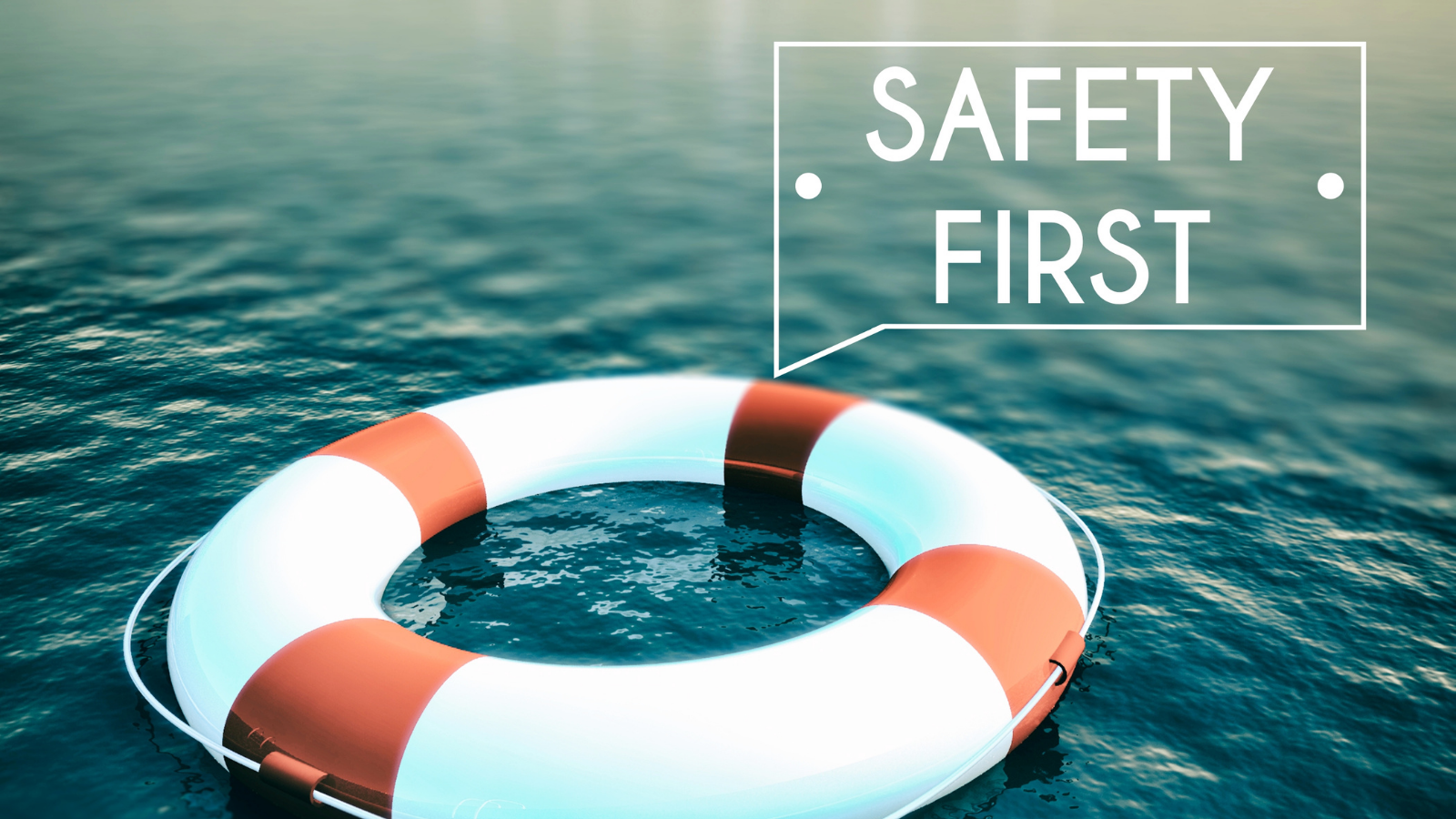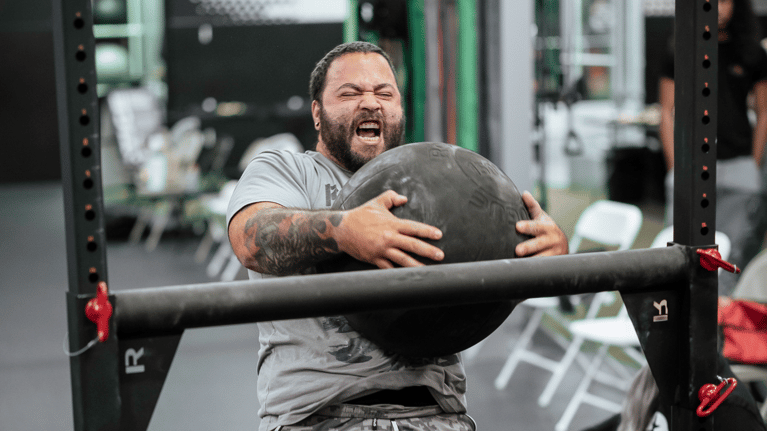
As the weather warms up, pools are preparing to open and crowds are gearing up to head to the beach, river, and lakes. National Water Safety Month is the perfect time to ensure you and your families are prepared to spend a fun, safe day by the water. And American Family Fitness wants to help!
Each May our nation recognizes the importance of understanding the dangers of swimming and the precautions needed to protect yourself and your loved ones. Swimming, boating, kayaking, and fishing are refreshing and exhilarating forms of exercise and relaxation; however, with this joy comes real responsibility – the responsibility that we need to teach our children and ourselves to respect all bodies of water and learn skills to stay safe.
Sadly, every day about ten people die from unintentional drowning, and many of these tragedies occur due to a lack of swimming ability. One of our missions is to make sure everyone has the knowledge they need to be safe in the water, so we’ve included our top 5 guidelines to ensure that you’re safe in and around the water.
1. Learn to Swim
As we’ve already mentioned, the lack of swimming ability is the top reason for unintentional drownings. Starting your child in swimming lessons at a young age could very well save their life! Lessons will provide safety skills and proper swimming technique for your child, along with creating fun family memories for all to share.
2. The Buddy System
Bringing a friend with you to swim is not just a fun idea, it’s a smart idea! The buddy system means that you always have someone with you when you’re swimming. This person does not have to swim or know how to swim, but just keep an eye out in case you were to have an emergency and need help while in the water. If you are at a pool with a lifeguard, be aware that they are monitoring many people at once, so think of your buddy as backup as they can immediately alert the lifeguard if you are in an emergency situation. The buddy system is for all ages, too – every swimmer should be aware that an emergency can happen while they are swimming no matter their skill level, so and having someone nearby to assist you is the best way to prevent injury. Just remember that the buddy system works both ways — if you have a friend watching your back, you should be watching theirs too!
3. Avoid Distractions
As technology becomes more and more integrated into our everyday lives, now is a good time to remind yourself just how distracting all of it can be. Sadly, year after year there are reports of drownings that occur due to people being distracted by their phones. We know that constant and vigilant supervision is one of the best ways to prevent a tragedy like this. The signs of a struggling swimmer are usually silent and can go unnoticed by those distracted on their phones or other handheld technology. If you are the supervisor, there is no off time!
We recommend turning off all mobile phones that could cause any unwanted distractions Even a quick two-minute phone call could potentially cause irreversible damage. Make sure to also lower or pause music playing from speakers, to be able to hear the swimmer as much as possible. If you must leave the pool deck, bring the swimmer with you. Never step away “for just a second,” as so much can happen in a second! As a supervisor, you have an important job to prevent any water injuries from happening, so don’t let any distractions stop you from doing the best job you can.
4. Know your PFDs
A PFD, or Personal Flotation Device, is a great way to help keep water accidents at bay. While a properly tested U.S. Coast Guard-approved PFD will provide support for swimmers, they should never replace proper supervision.
Many new updates have been made to PFDs over the years. New PFDs sport more comfortable colors (blaze-orange lifejackets are no longer the only option!), along with popular television and comic book characters that children love. Remember, a PFD is the only approved swimming support by the U.S. Coast Guard and American Red Cross, and toys like rafts, inner tubes, and floaties, are never safe alternatives.
ALL water sporting activities should include proper safety equipment, and PFDs are an intricate part. Don’t just bring your jacket, WEAR IT!
5. Respect the Water
For those who have pools in their own backyard, a daily dip in the water is a common and welcome occurrence. But as we’ve mentioned before, with this luxury comes responsibility, a true respect for the water and what dangers can lurk within it. Treat each dip that you take in the water with respect – understand that in order to partake in your chosen water activity that there is risk if proper safety measures aren’t taken. Brush up on your swim skills with lessons, utilize the buddy system, avoid distractions, and have your PFD on hand.
While the month of May is designated to recognize and advocate for water safety, respecting the water and honing your safety skills is a year-round task. It is crucial that swimmers respect all bodies of water, from children’s splash pads to wide open oceans.
Children can drown in as little as 2 inches of water, making seemingly harmless structures or fountains a hazard to children. Many parents and caretakers may not realize how much damage a small amount of water can do, and this is where the respect comes into play. No matter how much or how little, water can cause irreversible damage to those who may not know proper water safety technique. We believe it is important to have water safety emergency strategies and many talks about the dangers of water and what steps to take to prevent injury. With constant supervision and regular education, we know that all water activities can be a safe and enjoyable experience for all. Share these tips with your family, friends, and neighbors to spread water safety knowledge and keep your loved ones safe!
Article contributed by Debbi Moore
Debbie Moore is the Regional Director of Aquatic Fitness at American Family Fitness and holds a BFA in Dance and Performance from Virginia Commonwealth University with an emphasis on physical exercise and movement. Debbi is AEA certified and has been teaching both adults and children in the aquatic arena for over 25 years. She is very well known and well-received by her students and clients. Other certifications include AFAA, CPO, LGIT, LGI, and WSI.






